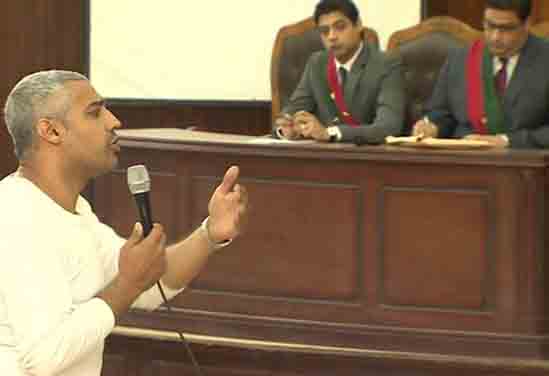WASHINGTON (Al Jazeera English / Pacific Media Watch): The United Nations has been drawing attention to the role of journalists as the world marked Press Freedom Day at the weekend.
Speaking in New York, Secretary General Ban Ki-moon said that every day of the year “the fundamental freedom to receive and impart information and ideas through any media is under assault, to the detriment of us all".
Ban also gave details of the dangers faced by journalists. He said more than a thousand had been killed since 1992 - 70 were killed last year, while 14 journalists had died so far this year.
A report by the US-based rights watchdog Freedom House said that world press freedom had hit its lowest level in a decade.
It found that the percentage of the world's population living with free media fell to 14 percent last year, 42 percent of people lived in areas where media were considered only partly free, with 44 percent in places where the media were not free.
It cited efforts to curb national security reporting in the United States, and a regression in Turkey, Ukraine and Egypt for the decline.
The trial of three Al Jazeera journalists resumed in Egypt on World Press Freedom Day on Saturday.
They were falsely accused of providing a platform to the outlawed Muslim Brotherhood, now declared a terrorist organisation. A fourth has been on hunger strike for more than 100 days.
Al Jazeera rejects all charges against them.
So what is the price being paid by journalists for reporting the news, and what is stopping them from telling their stories?
Presenter: Adrian Finighan
Guests:
Karin Karlekar - Project director for the Freedom of the Press report at Freedom House.
Melody Patry - Senior advocacy officer at Index on Censorship.
Martin Schibbye - A Swedish journalist who was sentenced to 11 years in prison in Ethiopia on charges of terrorism.
Earlier Inside Story on February 27, 2014

This work is licensed under a Creative Commons Attribution-NonCommercial 3.0 New Zealand Licence.




